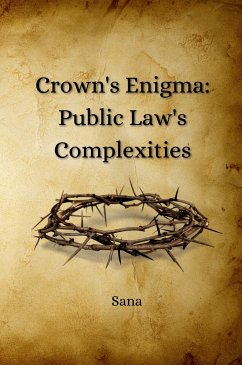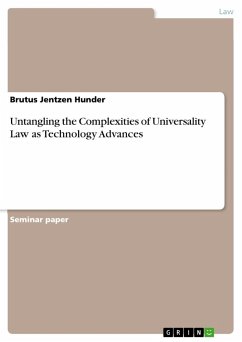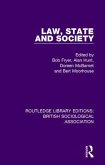The Crown's Enigma: Public Law's Complexities In the intricate tapestry of public law, the position of the Crown within constitutional monarchies presents a captivating enigma. The title, "The Crown's Enigma: Public Law's Complexities," highlights the paradoxical nature of the Crown's role - both a symbolic head of state and a complex legal entity with unique immunities and prerogatives. Understanding this enigma requires delving into the fascinating interplay between tradition, power, and the rule of law.Beyond Ceremony: The Crown as a Legal EntityWhile the Crown often evokes images of royal pageantry and historical continuity, it also holds a significant legal position within a constitutional monarchy. The Crown embodies the executive power of the state, acting as the source of all legal authority. Acts of Parliament are passed in the name of the Crown, and government ministers are appointed by the Crown. This legal dimension adds a layer of complexity to the public role of the monarch.The Enigma Emerges: Sovereignty and ImmunitiesThe core of the enigma lies in the concept of sovereignty. Traditionally, the Crown was seen as the embodiment of sovereign power. However, in a constitutional monarchy, sovereignty resides with the people, exercised through Parliament. This creates a fascinating tension - the Crown retains certain immunities and prerogatives, yet its actions are ultimately subject to the law and the will of Parliament.Immunities and the Limits of PowerThe Crown enjoys a number of immunities from legal proceedings, such as immunity from prosecution and civil lawsuits. This historical privilege reflects the idea that the monarch can do no wrong. However, these immunities are not absolute and can be limited by statute. Additionally, the actions of the Crown are typically carried out by ministers who are accountable to Parliament.
Bitte wählen Sie Ihr Anliegen aus.
Rechnungen
Retourenschein anfordern
Bestellstatus
Storno









